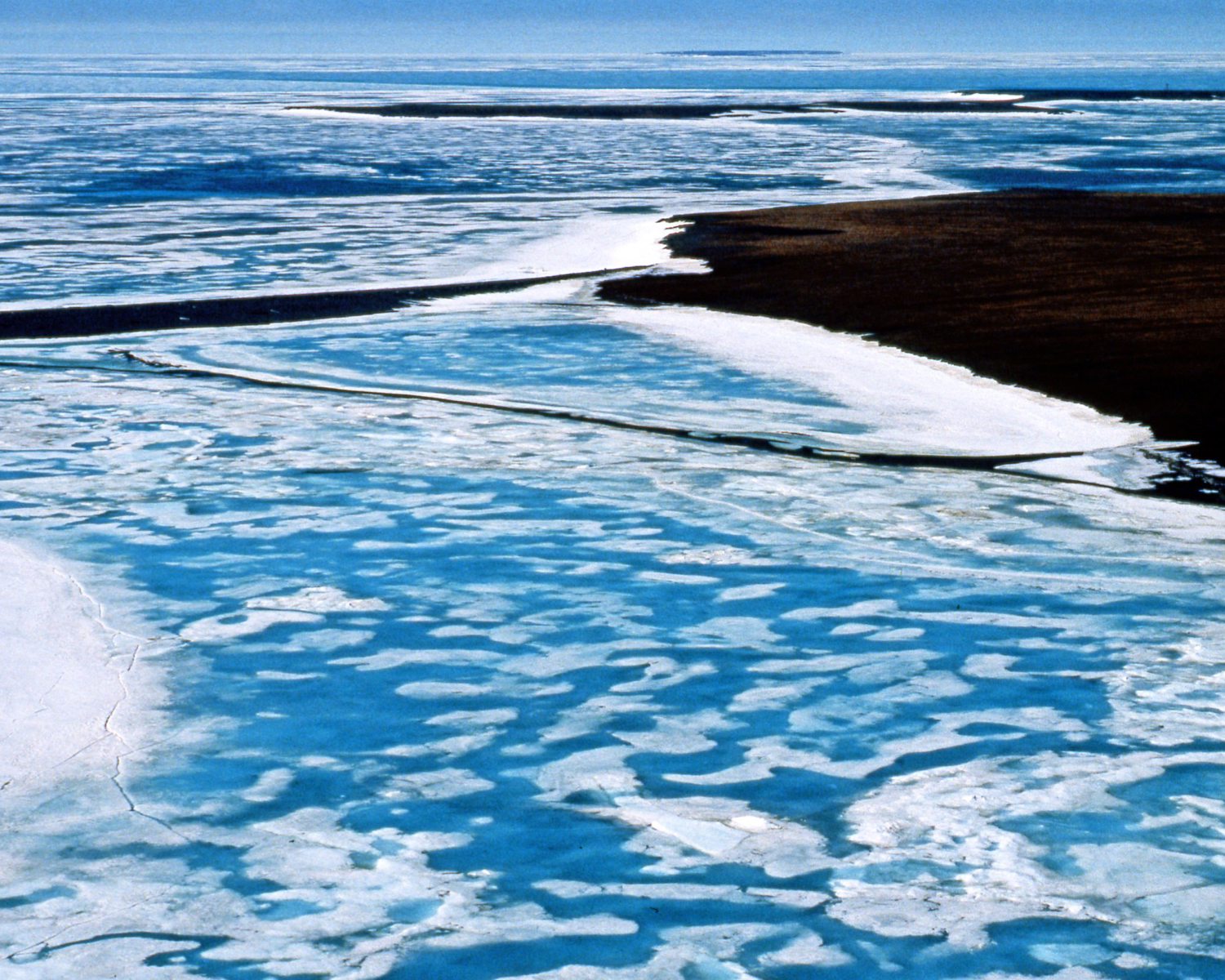
Sea ice thickening
Sea ice thickening is an idea to slow or reverse the decline of Arctic sea ice by artificially thickening it.
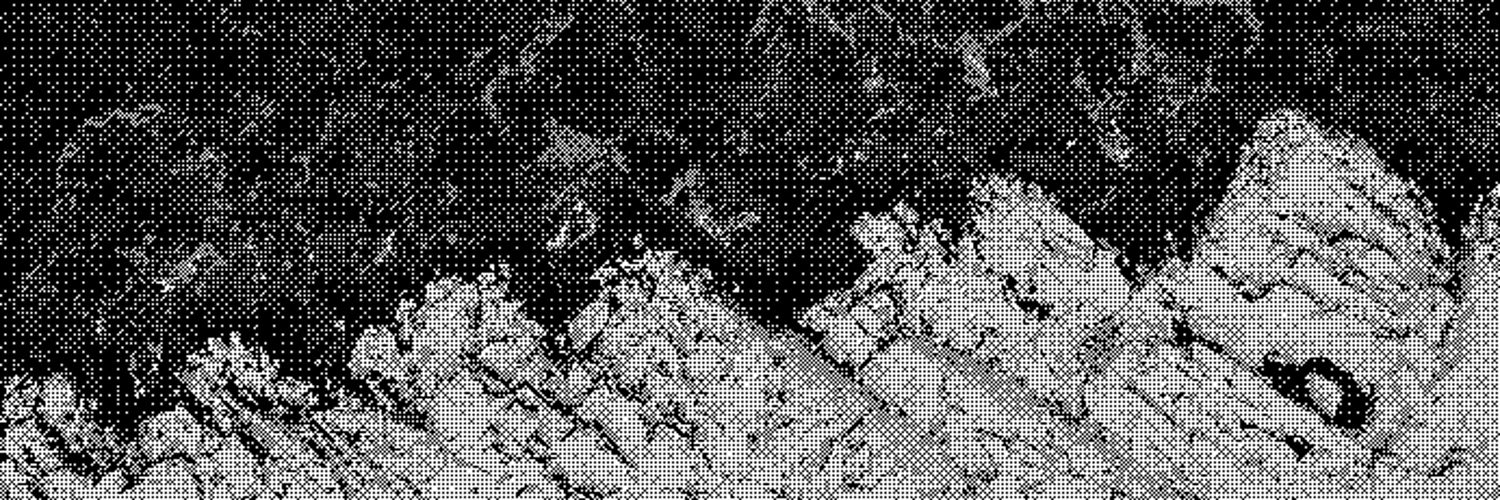

Sea ice thickening is an idea to slow or reverse the decline of Arctic sea ice by artificially thickening it.
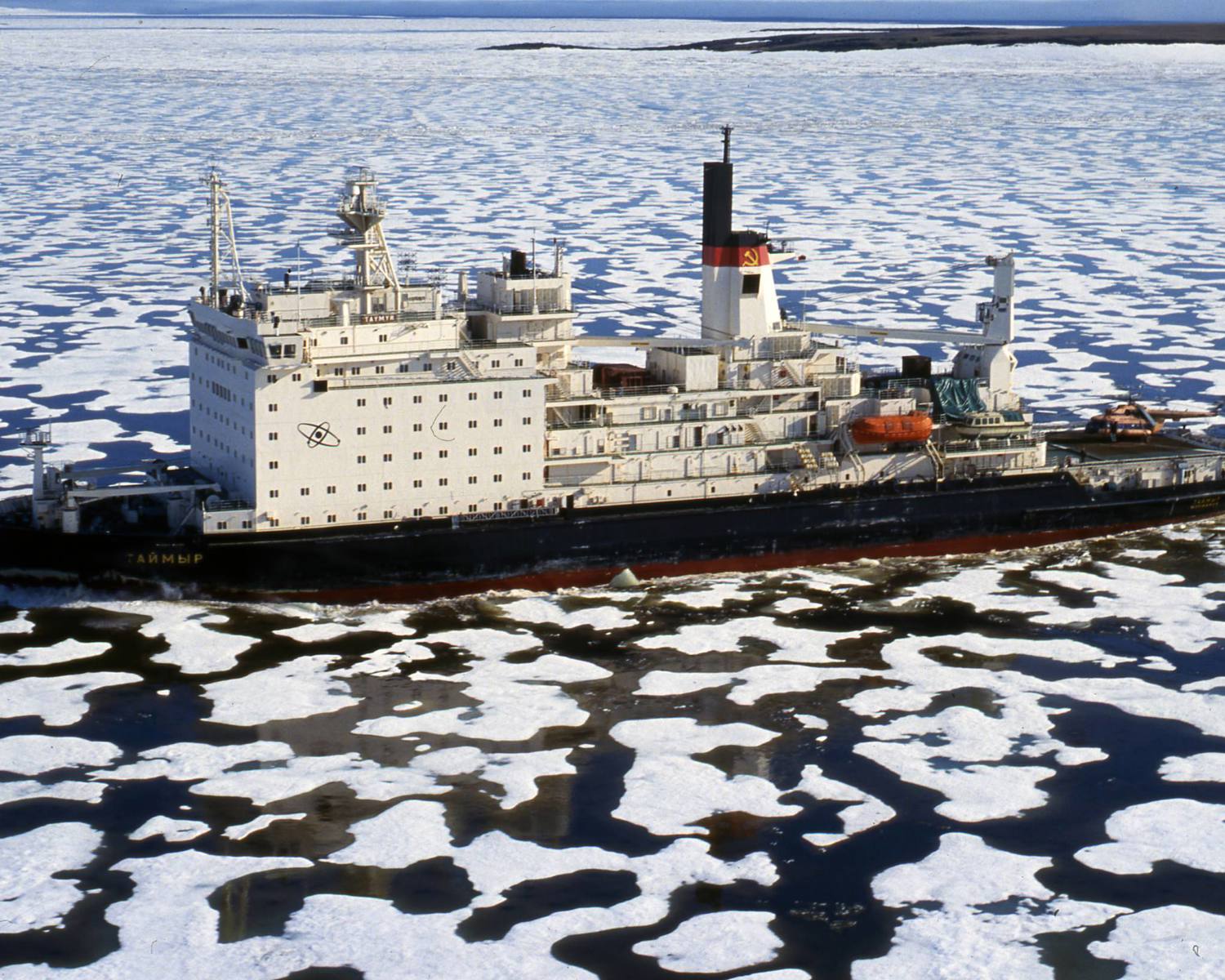
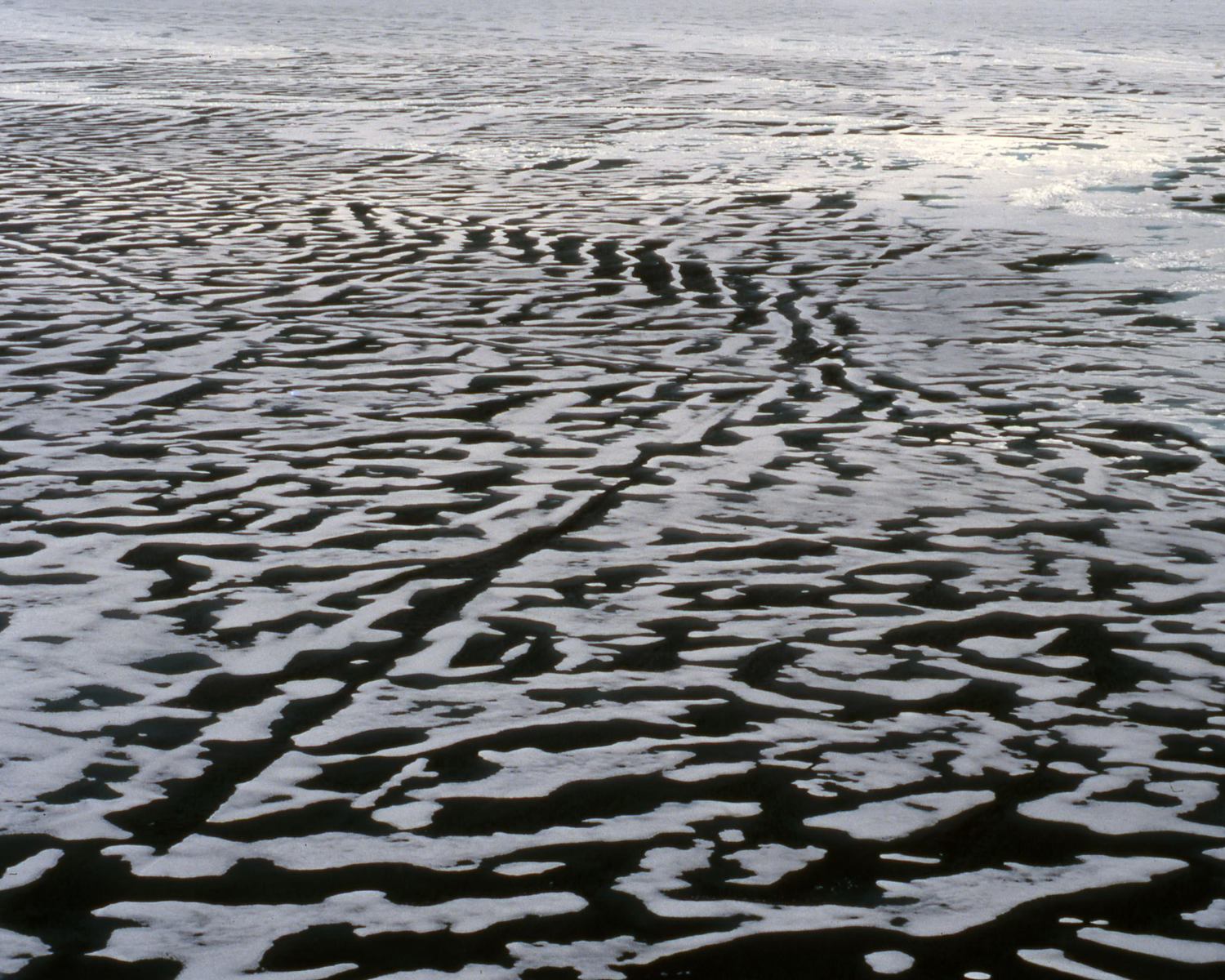
Pykrete is a 6:1 mix of ice and sawdust that has the property of melting slower than regular ice. Several references have been made online to the use of pykrete as an artificial barrier, as artificial sea ice, or as blockers of moulins.
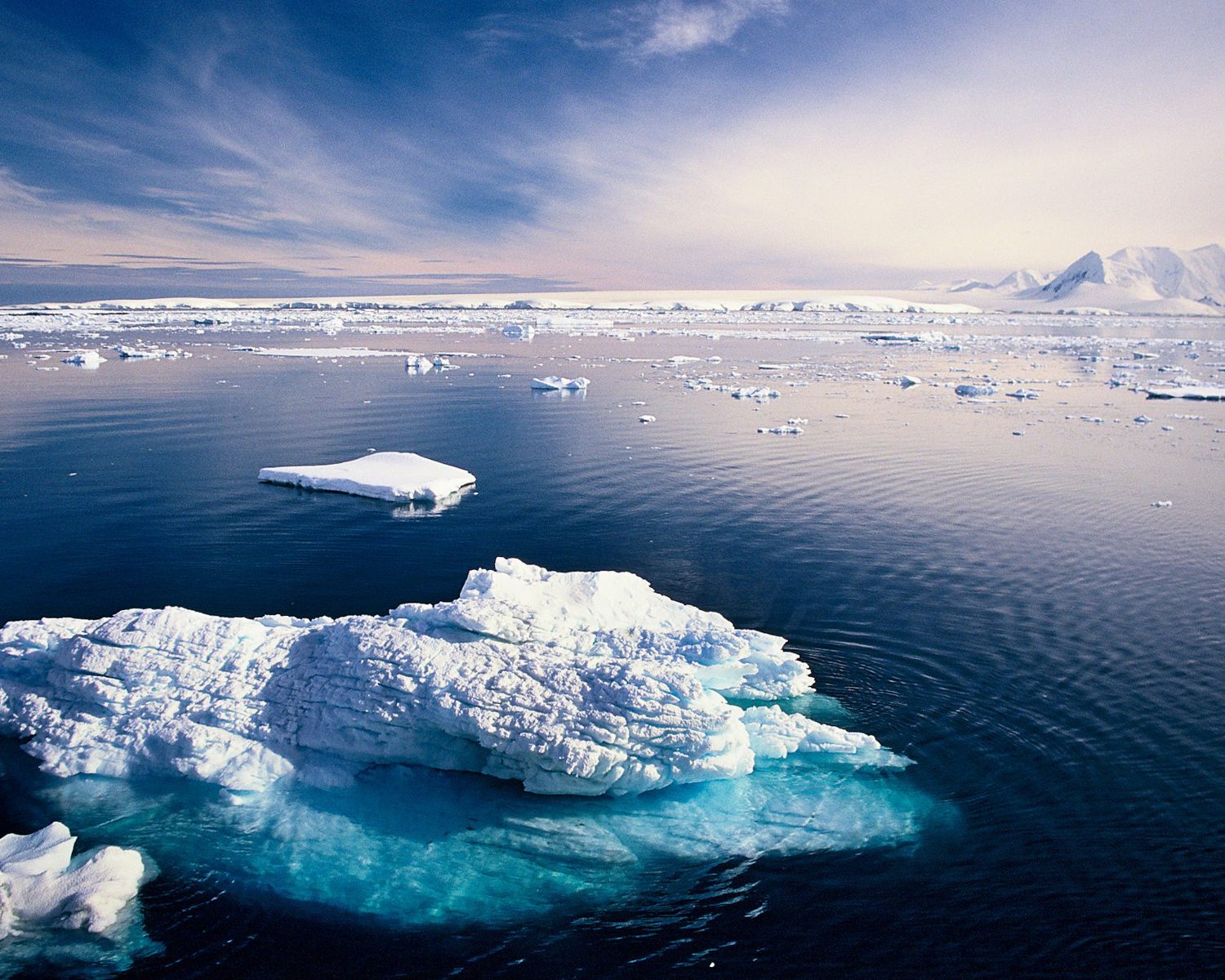
Similar to other ideas to pump water on sea ice (see Sea ice thickening), engineer Sev Clarke (Planetary Restoration n.d.) and engineering student Katy Cartlidge (University of Cambridge 2022) both came up with designs to artificially produce sea ice.
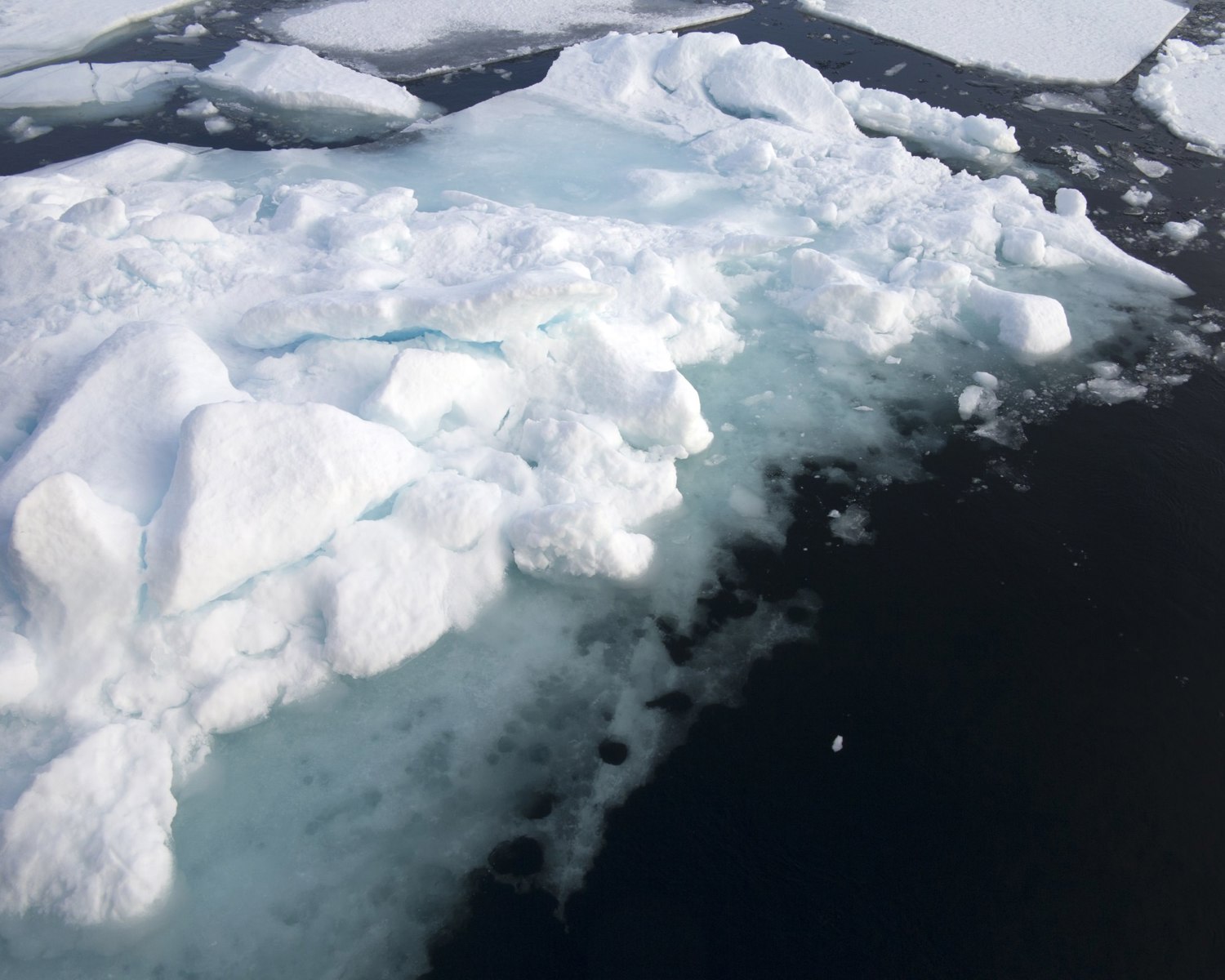
In 2010, Veli Albert Kallio suggested the use of ‘floating cables or levees, even platforms’, to act as ‘seeding points to fasten the seasonal growth of the Arctic Ocean's sea ice’ (Geoengineering Google Groups n.d.)